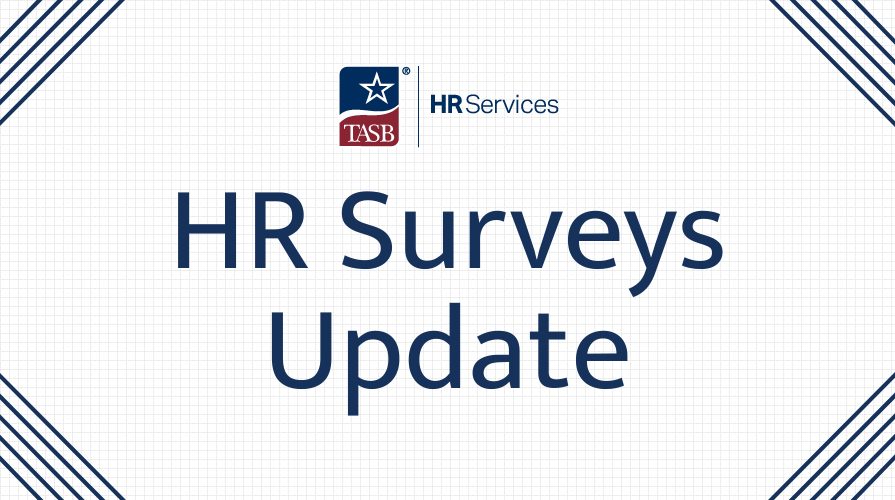Article
Frequently Asked Contract Questions
Questions often arise during the spring semester when districts issue contracts to returning and new employees.
Log In to Keep Reading
This information is exclusively for TASB members. Please log in to access the content.
Log in




